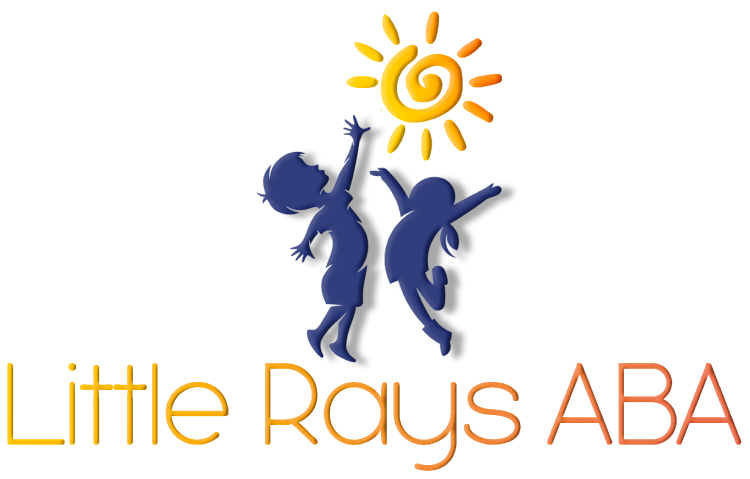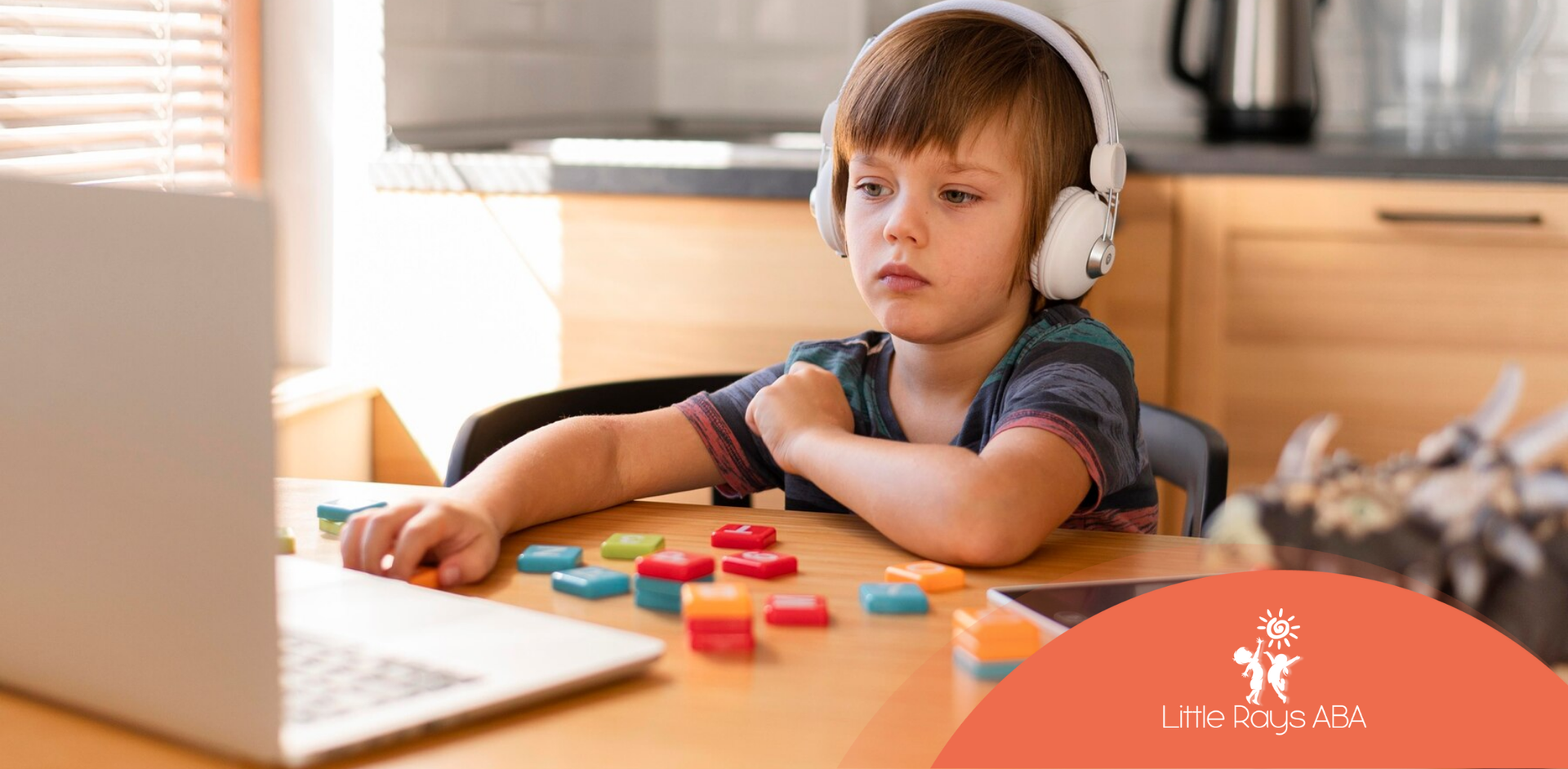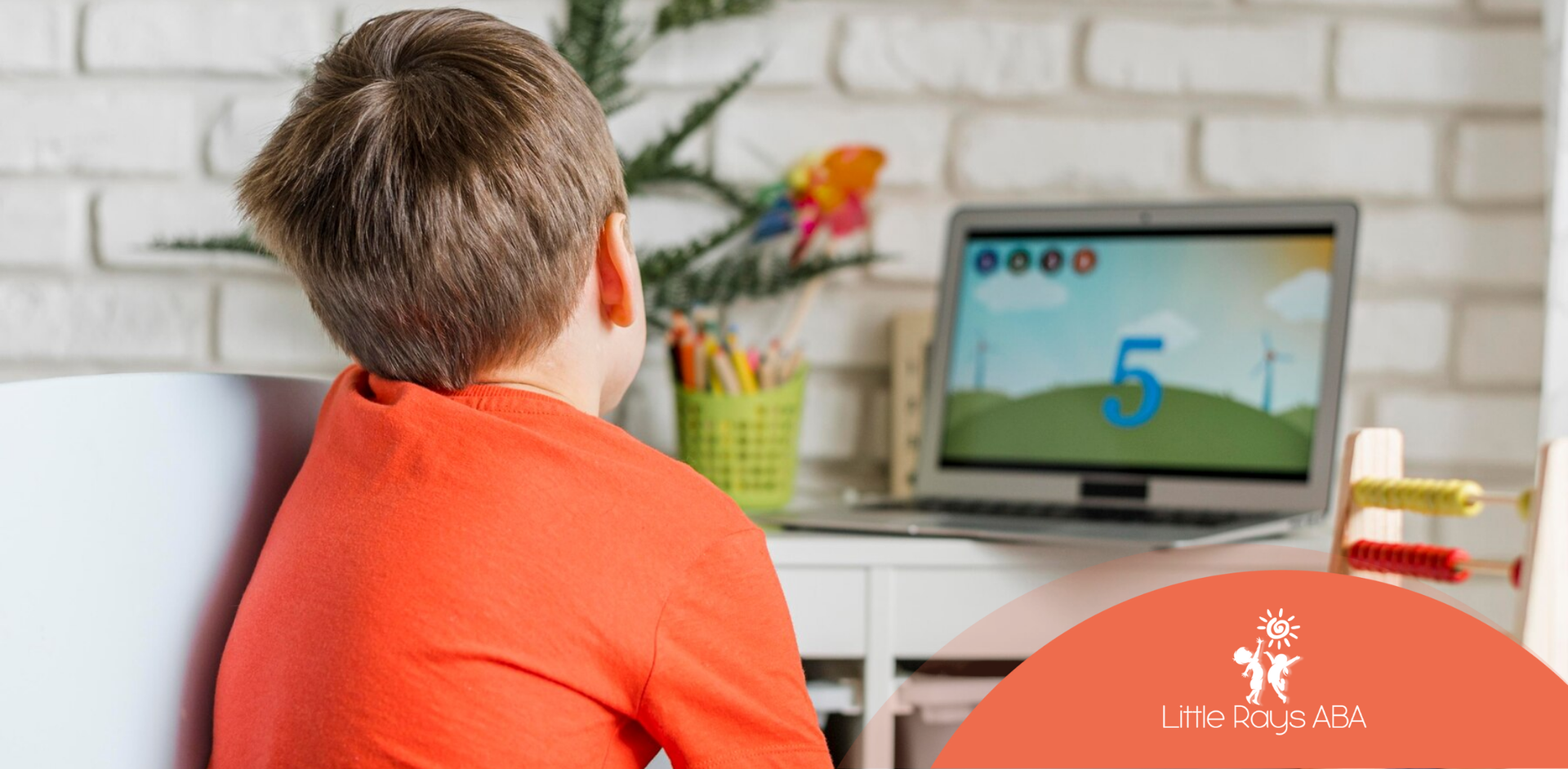Applied Behavior Analysis (ABA) therapy is a scientifically validated approach widely used to support individuals with autism spectrum disorder (ASD) and other developmental challenges. One of the most significant benefits of ABA therapy is its ability to enhance social skills, which are critical for building relationships, succeeding in school, and thriving in the workplace. This article explores how ABA therapy works, its role in improving social skills, and the long-term benefits it offers for individuals and their families.
What is ABA Therapy?
ABA therapy is a structured, evidence-based intervention that focuses on understanding and modifying behavior. It uses principles of learning theory to teach new skills, reduce challenging behaviors, and promote positive outcomes. ABA therapy is highly individualized, meaning each program is tailored to the unique needs of the person receiving treatment.
The therapy is often associated with autism, but it can also benefit individuals with other conditions, such as ADHD, anxiety disorders, and intellectual disabilities. ABA therapy is grounded in the idea that behavior is influenced by the environment and can be shaped through reinforcement and repetition.
The Importance of Social Skills
Social skills are the foundation of human interaction. They include the ability to communicate effectively, understand social cues, share, take turns, and build relationships. For individuals with autism or other developmental challenges, social skills may not develop naturally, leading to difficulties in forming connections and navigating social situations.
Poor social skills can result in isolation, low self-esteem, and challenges in academic or professional settings. Enhancing these skills is essential for improving quality of life and fostering independence.
How ABA Therapy Enhances Social Skills
ABA therapy is particularly effective in teaching and reinforcing social skills. Here’s how it works:
1. Breaking Down Complex Skills
Social interactions can be overwhelming for individuals with developmental challenges. ABA therapy breaks down complex social skills into smaller, manageable steps. For example, a skill like "starting a conversation" might be divided into steps such as making eye contact, greeting the other person, and asking a question.
By focusing on one step at a time, ABA therapy makes learning social skills less intimidating and more achievable.
2. Using Positive Reinforcement
Positive reinforcement is a core component of ABA therapy. When an individual demonstrates a desired social behavior, they receive a reward, such as praise, a token, or access to a preferred activity. This reinforcement encourages the individual to repeat the behavior in the future.
For example, if a child successfully shares a toy with a peer, the therapist might provide verbal praise or a small treat. Over time, the child learns that sharing leads to positive outcomes.
3. Role-Playing and Practice
ABA therapy often involves role-playing scenarios to help individuals practice social skills in a safe and controlled environment. For instance, a therapist might simulate a conversation or a playdate, allowing the individual to practice skills like taking turns, listening, and responding appropriately.
Role-playing helps build confidence and prepares individuals for real-life social interactions.
4. Teaching Social Cues
Understanding social cues, such as facial expressions, body language, and tone of voice, is crucial for successful communication. ABA therapy teaches individuals to recognize and interpret these cues, which can be challenging for those with autism or related conditions.
For example, a therapist might use pictures or videos to teach a child how to identify when someone is happy, sad, or angry. This skill helps individuals respond appropriately in social situations.
5. Generalizing Skills Across Settings
One of the goals of ABA therapy is to help individuals apply the skills they learn in therapy to real-world settings. This process, known as generalization, ensures that social skills are not limited to the therapy room but are used in everyday life.
Therapists work with families, teachers, and caregivers to create opportunities for practicing social skills in various environments, such as at home, school, or the playground.
6. Addressing Challenging Behaviors
Challenging behaviors, such as aggression or withdrawal, can interfere with social interactions. ABA therapy identifies the underlying causes of these behaviors and develops strategies to address them. By reducing challenging behaviors, individuals are better able to engage in positive social interactions.
The Role of Parents and Caregivers
Parents and caregivers play a vital role in supporting the development of social skills through ABA therapy. Therapists often provide training and resources to help families reinforce skills at home. For example, parents might learn how to use positive reinforcement or create social opportunities during family activities.
Consistency between therapy and home environments is key to ensuring that social skills are effectively learned and maintained.
Long-Term Benefits of ABA Therapy for Social Skills
The impact of ABA therapy on social skills extends far beyond the therapy sessions. Here are some of the long-term benefits:
1. Improved Relationships
By enhancing communication and interaction skills, ABA therapy helps individuals build stronger relationships with family members, peers, and colleagues. This leads to a more fulfilling social life and a greater sense of belonging.
2. Increased Independence
As individuals develop social skills, they become more confident and independent. They are better equipped to navigate social situations without constant support, which is essential for success in adulthood.
3. Academic and Professional Success
Strong social skills are critical for success in school and the workplace. ABA therapy helps individuals collaborate with others, follow instructions, and resolve conflicts, all of which contribute to academic and professional achievement.
4. Reduced Anxiety
Many individuals with autism or related conditions experience anxiety in social situations. By teaching effective social skills, ABA therapy reduces this anxiety and makes social interactions more enjoyable.
5. Enhanced Quality of Life
Ultimately, the goal of ABA therapy is to improve the overall quality of life for individuals and their families. By fostering social skills, ABA therapy empowers individuals to participate fully in their communities and achieve their potential.
Challenges and Considerations
While ABA therapy has many benefits, it is not without challenges. Some individuals may find the structured nature of ABA therapy overwhelming, and progress can take time. It’s important to work with a qualified and experienced therapist who can adapt the program to meet the individual’s needs.
Additionally, ABA therapy requires a significant commitment of time and resources. Families should carefully consider their options and seek support from professionals and advocacy groups.
Conclusion
ABA therapy is a powerful tool for enhancing social skills in individuals with autism and other developmental challenges. By breaking down complex skills, using positive reinforcement, and providing opportunities for practice, ABA therapy helps individuals build the confidence and competence needed to navigate social interactions.
The long-term benefits of ABA therapy extend beyond social skills, contributing to improved relationships, increased independence, and a better quality of life. For families considering ABA therapy, it’s important to approach the process with patience, persistence, and a focus on the individual’s unique strengths and needs. With the right support, ABA therapy can unlock the potential for meaningful connections and a brighter future.
At
Little Rays ABA, we believe that fostering strong social skills is essential for autistic individuals to thrive. Our comprehensive approach to ABA therapy focuses on building meaningful connections and enhancing social interactions. We utilize evidence-based techniques tailored to each child's unique needs, empowering them to navigate social situations with confidence. Our experienced therapists guide children through structured activities and naturalistic learning environments, promoting communication, empathy, and positive relationships. With Little Rays ABA, your child will learn the tools to shine socially, building a foundation for lifelong success and happiness.
Unlock Your Child's Potential with Expert ABA Therapy!
At Little Rays ABA, we provide compassionate, evidence-based ABA therapy to help children with autism thrive. Our personalized approach fosters growth in communication, social skills, and independence.
Get In Touch With Us Today to Get Started With ABA Therapy!
Related Posts
MENU
GET IN TOUCH
7117 San Salvador Dr Boca Raton, FL 33433
3200 Collins Ave Miami Beach, FL 33140





